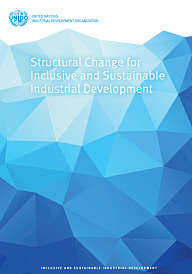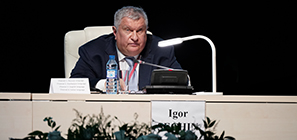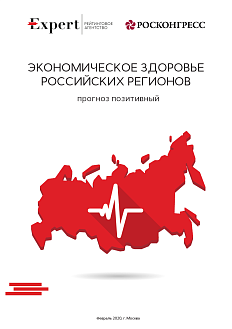This report from the United Nations Industrial Development Organization (UNIDO) highlights the importance of the manufacturing sector in economic development. With a focus on structural change, the report discusses how industrial development can be harnessed for faster growth, greater inclusiveness and sustainability.
The concept of industrial structure is often elusive as income level, country-specific conditions, technological change and policies all play a role in structural change. Insights into the ebb and flow of different sectors and industries within the manufacturing sector along a countrys development path are crucial, as they give rise to new opportunities and challenges for the country in question.
Sustainable industrial development
The manufacturing sector has always been a key driver of economic growth for developing countries. At an early stage of development, manufacturing development can open a window for countries to pursue strong and inclusive growth. The competitive wage levels of low-income countries give them a distinct advantage in developing labour-intensive industries, which can generate a large number of formal jobs. Successful development of labour-intensive industries sets the foundation for industrialization, as increased exports, revenues and consumption boost investments in education, infrastructure, and research and development. This can foster the development of higher valued and more technologically sophisticated industries. Such structural change ensures sustained and rapid industrial development, even after the loss of labour-cost advantage.

Manufacturing sustainability
UNIDOs research shows that the types of industries that emerge in the middle-income stage are likely to be more emissions- and material use-intensive and thus often increase the pressure on the environment, unless proper mitigation measures are introduced. The successful shift of the industrial structure from labour-intensive to capital-intensive industries increases productivity and generates higher wage jobs, which could help sustain industrial growth and lead to the creation of shared prosperity. Entering a high-income stage of development often slows down the growth of manufacturing relative to services, with the exception of technology-intensive industries. While the growth of manufacturing moderates, manufacturing activities gradually shift away from resource-intensive industries to high valued-added activities, and to a manufacturing sector that is less emissions-intensive.






